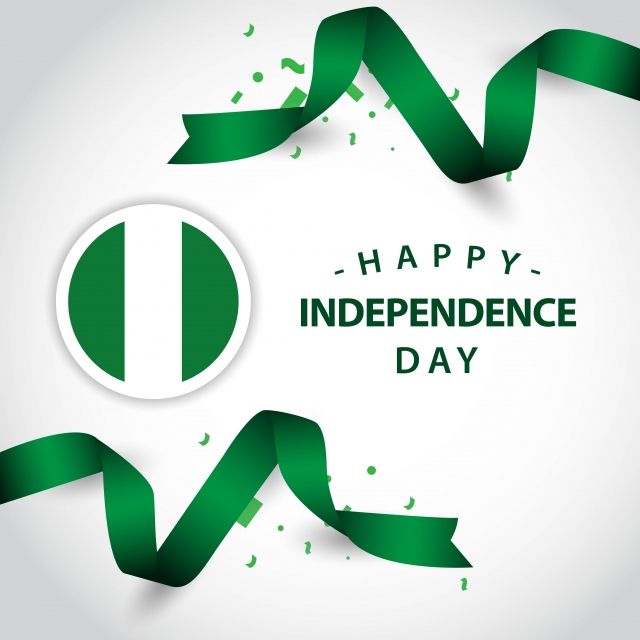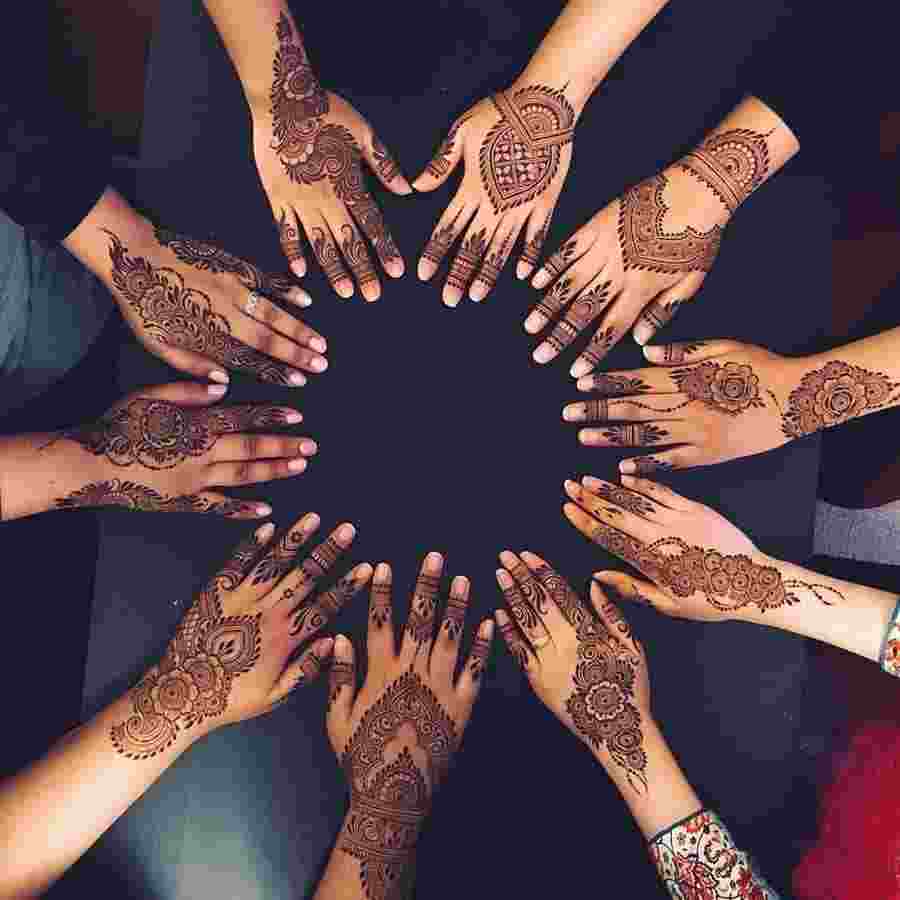Every sovereign nation is likely to have a set day to commemorate its independence. Nigeria also celebrates its independence on this day. Do you know when Nigerian Independence Day is observed? If you are not sure, that’s fine. October 1 is Nigeria Independence Day. It commemorates the nation’s 1960 declaration of independence from British sovereignty. The Nigerian government observes this holiday each year. The festivities officially begin with the president’s speech to the nation, which is aired on radio and television. This day is observed by the Nigerian Armed Forces, Nigerian Police Force, Ministry of Foreign Affairs, labour force, and national education services.
On this day, businesses and markets will be closed, and people will go to the streets decked out in green and white to celebrate. Additionally, elementary and secondary schools parade through several state and local government capitals.
When is Nigerian Independence Day?
With around one in five Africans being Nigerian, it is the most populated nation in Africa. Every year on October 1st, Nigerian Independence Day is observed as a national holiday. The day commemorates the establishment of Nigeria’s independence from British domination on October 1st, 1960.
Under the leadership of Governor-General Dr Nnamdi Azikiwe—later the nation’s first president—Nigeria attained its independence.
Today also:
History of Nigerian Independence Day
Nigeria, which has a population of about 186 million, is the most populous country in West Africa. Independence Day commemorates the nation’s liberation from British colonial authority. It has a long and rich history.
The Royal Niger Company’s former possessions became the Southern Nigeria Protectorate in 1900. The Colony and Protectorate of Nigeria, which established the borders of contemporary Nigeria, was formed in 1914 when this was joined with the Northern Nigeria Protectorate.
The British established many aspects of modern life in Nigeria, but by the middle of the 20th century, the continent-wide movement for independence and the shrinking British Empire forced Nigeria to declare its independence on October 1st, 1960. The new government was parliamentary, and the three regions of the country were given some degree of autonomy.
A new constitution was enacted on October 1, 1963, and Nnamdi Azikiwe was elected as the nation’s first president. This marked Nigeria’s complete independence from Britain and its transformation into a federal republic.
Nigeria was ruled by a military dictatorship from 1966 to 1979 as a result of a series of military coups that were sparked by political turmoil in the country.
read more: Nigeria Independence Day 2025: Messages, Quotes and Wishes
Nigerian Independence Day Celebration
On the day of Nigeria’s independence, there are several parades, bands, celebrations, feasts, and get-togethers for both friends and family.
The President typically gives an address in the morning to officially kick off the day of festivities. Following this, the Nigerian flag is ceremoniously raised, and an Independence cake—which typically features the flag’s colours or coat of arms—is sliced.
Along with the processional changing of the guard, the ceremonial parade has numerous bands, music, images, dancing, and other entertainment. Following this, a performance of songs and dances normally takes place to symbolize the several ethnic groups that makeup Nigeria, making sure that each group is represented during the parade.
People are thronging the streets as they celebrate the nation’s freedom.




